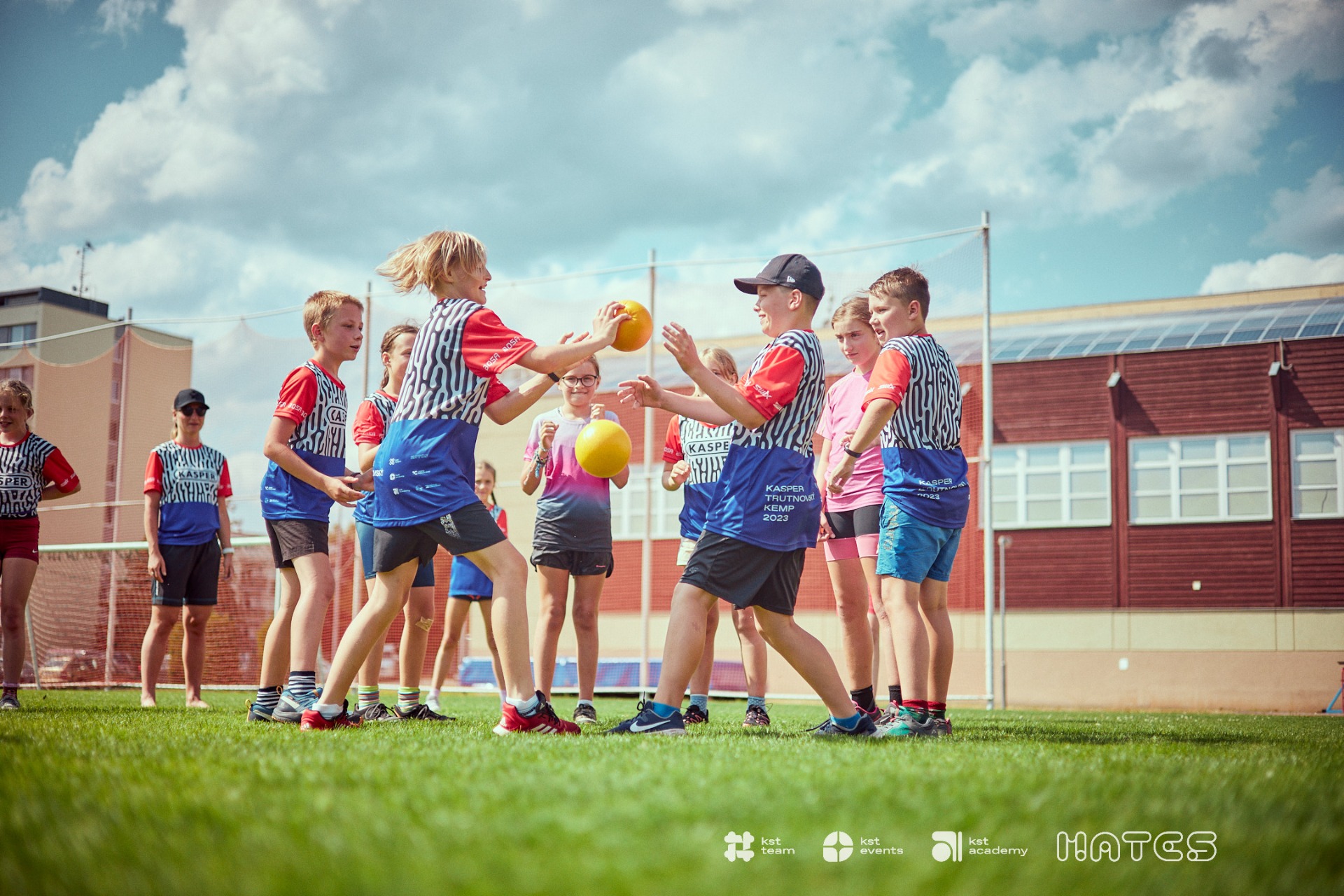The World of Children's Training

The world of children's training: patience and continuity, that's what it's all about. Children are not miniature adults. But what does that actually mean?
Children's training differs from adult training in many aspects, whether it's psychological factors, physiological factors, or cognitive abilities. Within the KST Academy project, we delve quite deeply into this issue with an emphasis on the individual. However, the most important thing is to perceive children's training as a certain foundation, to be patient, and to strive for continuity. Training for children should gradually develop existing abilities, teach them new skills, but most importantly, foster a relationship with sport as a lifelong activity. It's no secret that we have long been inspired by the Norwegian philosophy, where sport is a natural part of family life. It's hard to imagine parents being couch potatoes while their children are passionate about sports. Everything goes hand in hand, and parents are there to share experiences with their children and also to inspire them.
Physiological Factors
A child's body differs physically from an adult's in that it is in a process of growth and development. This factor must be taken into account when planning training programs. Children typically have less strength and endurance than adults but also possess greater flexibility and adaptability. Training should be structured to support the physiological development of children while minimizing the risk of injury. In this context, I often encounter the opinion that children regenerate faster. But just because they can't sit still for a moment doesn't mean they can endure structured training focused on detail. Learning by imitation without excessive correction focused on detail and a high degree of playful elements is typical of the Norwegian approach. The inclusion of systematic interval training for children under 14 years old is at least debatable. Recent studies conducted at the Norwegian School of Sport Sciences have not even confirmed any significant benefits of such training. From this perspective, various types of competitive games, relays, etc., are much more beneficial.
Psychological Factors
Children differ psychologically from adults in many ways. They perceive the world differently and often have a limited ability to concentrate and self-control. Therefore, it is important in children's training to emphasize understanding their mental state and adapt the training to be attractive and motivating for them. The coach's patience plays a key role in this process, as children can exhibit considerable variability in their behavior and reactions. It is important that we know the children as much as possible and always have a plan B-C ready. The younger the group we train, the more the training becomes a show, and the coach is largely an entertainer. Therefore, I prefer to focus on the experience at the expense of methodological hyper-correctness.
Cognitive Abilities
The child's brain is in a process of intensive development, and training can play a key role in supporting this process. However, it is important to realize that children's cognitive abilities differ from those of adults. Children often need more time to understand new concepts and skills. It is crucial for coaches to create an environment that supports the learning and development of children's cognitive abilities. This requires patience, repetition, and the involvement of various senses in training activities.
Conclusion
Let children be children. The more they enjoy any sports activity, the greater the likelihood that they will stick with an activity long-term. A positive and supportive environment, including engaged parents, is the alpha & omega. Personally, for younger children, I prefer an implicit approach to learning, where children acquire the given activity through their own "non-violent" path. Polishing details, analyzing technique, etc. – there will be plenty of time for that later, but gaining a feel for movement is a unique and untransferable quality. Our theories on approach and methods in training are based primarily on 11 years spent in Norway. Emphasis is placed on developing fundamental movement skills and creating pleasant experiences associated with physical activity. This approach places less emphasis on performance goals and competitiveness and focuses more on the overall development of the child and their intrinsic motivation. Overall, this system keeps many more young people in sports, and at the same time, athletes later identify with a sport where they achieve excellent performances on the international stage.
Jakub Opočenský
